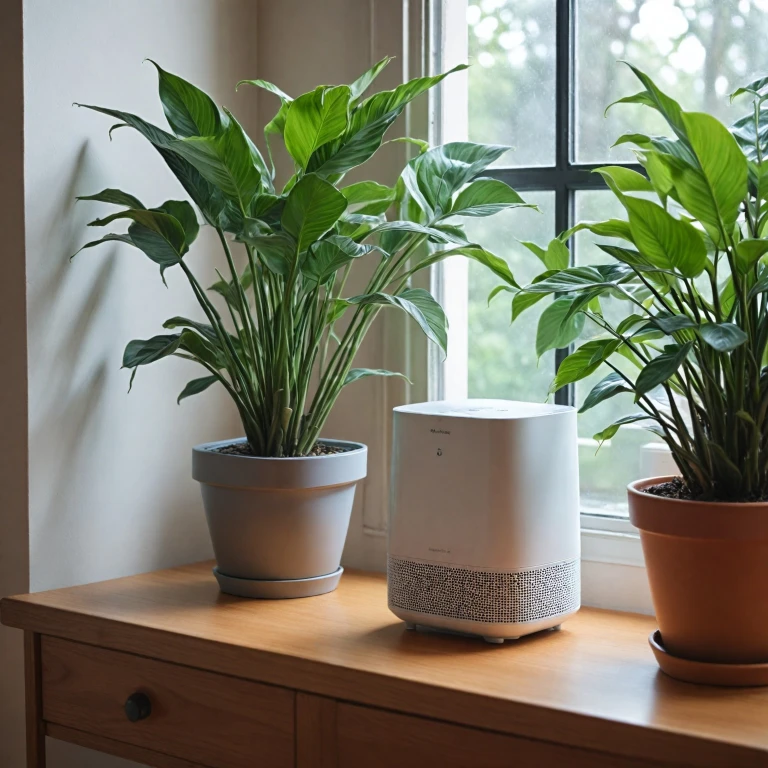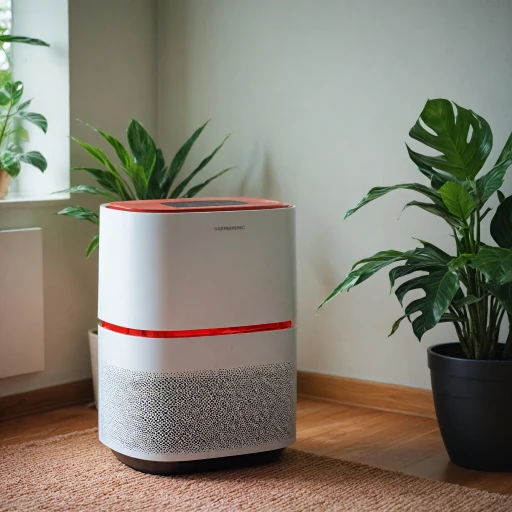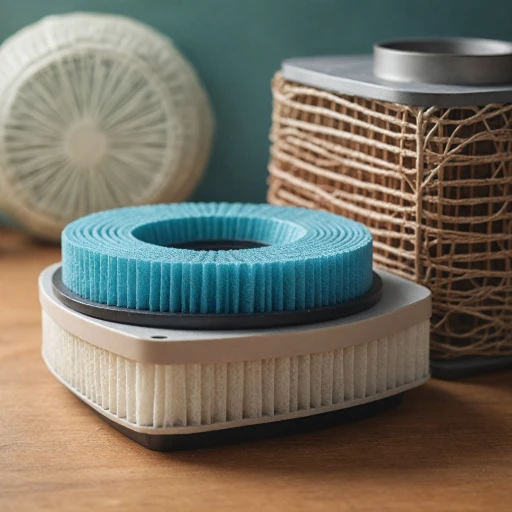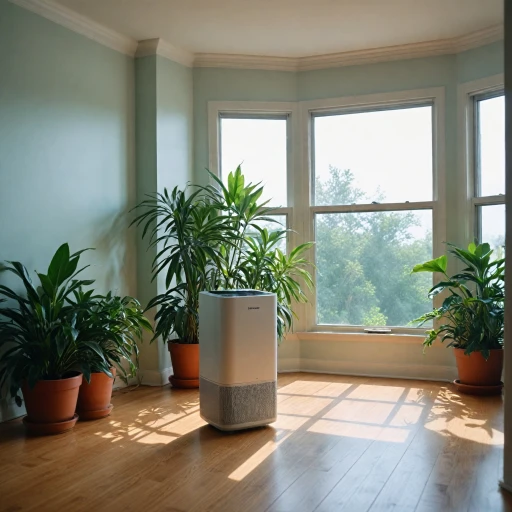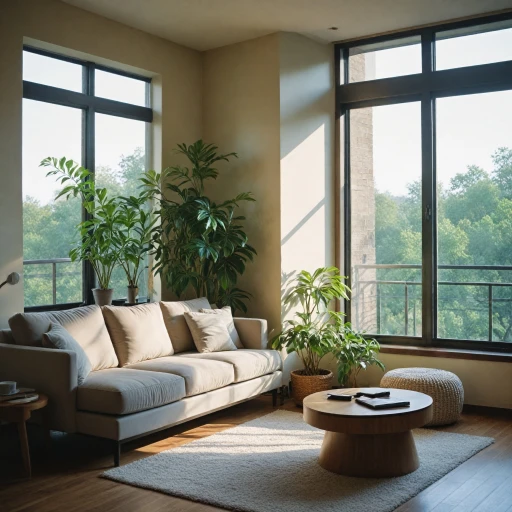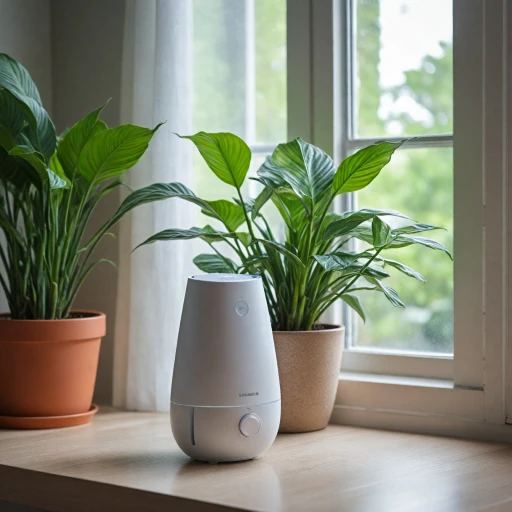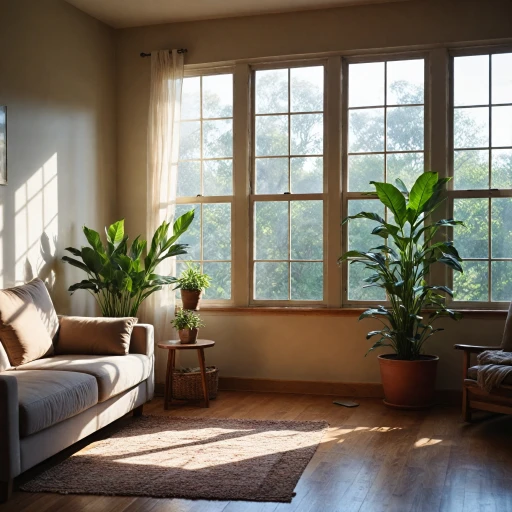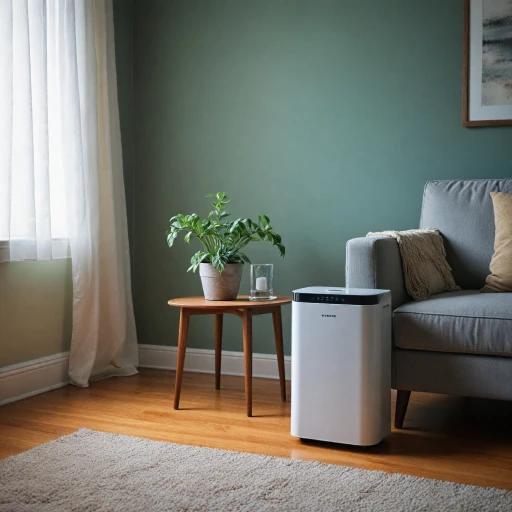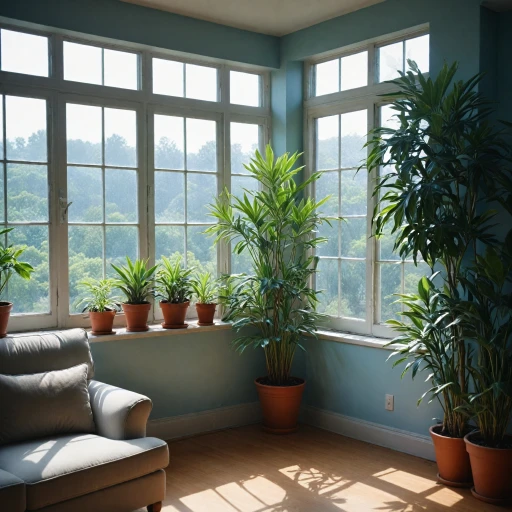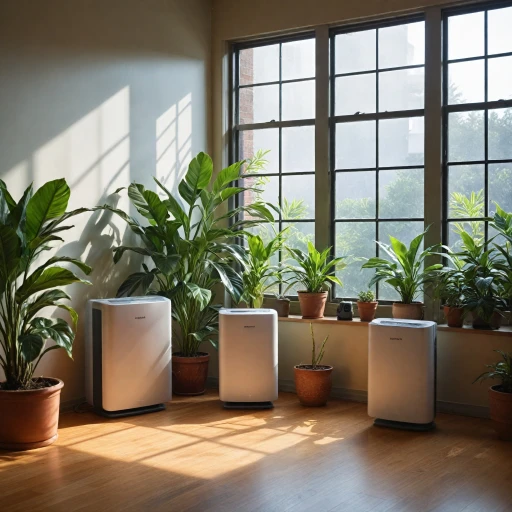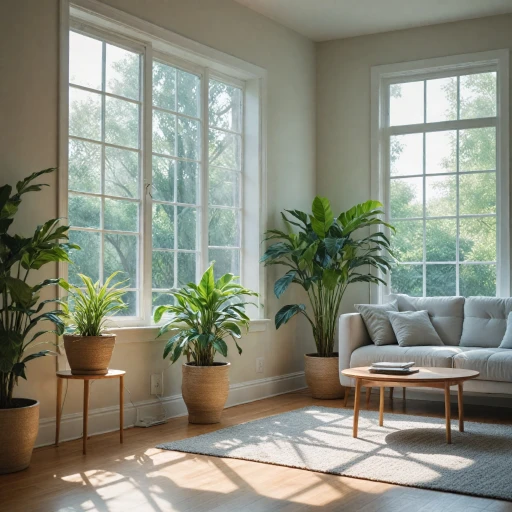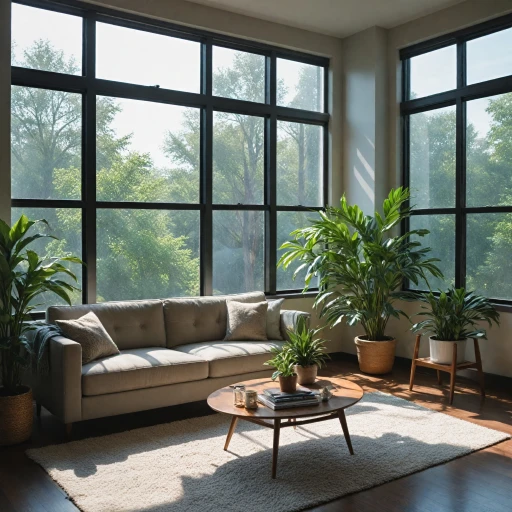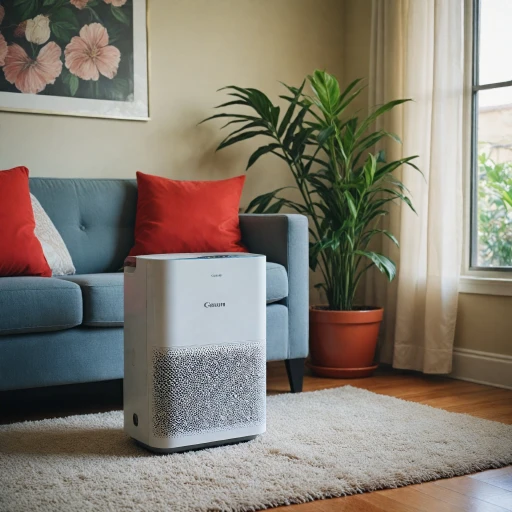
Understanding Air Purifier Filters
Exploring the Role of Air Purifier Filters
Air purifier filters are a crucial component in maintaining good indoor air quality. They work behind the scenes to capture airborne particles such as dust, pollen, and other pollutants, improving the air we breathe. By doing so, they ensure your HVAC system operates efficiently while enhancing the overall environment within your home or office. Different types of filters cater to varying needs. HEPA filters, for instance, are renowned for their ability to trap up to 99.97% of particles as small as 0.3 microns. These are often favored for their exceptional filtration capabilities. On the other hand, carbon filters are excellent at removing odors and gaseous pollutants. Each type of air filter serves a unique purpose, and their combined functionality is essential to the system's performance. Regular maintenance and timely replacement of filters will ensure optimal air quality. While every filter has a lifespan, factors such as usage, location, and air quality can influence how often you need to change air filters. Understanding their role will help you decide the best time to replace them and keep your air conditioner and HVAC system running smoothly. For an in-depth look at the importance of replacing air purifier filters, explore detailed guidelines and recommendations aimed at maximizing your air purifier's efficiency.Signs It's Time to Change Your Filter
Indications that Your Filter Needs Immediate Attention
Identifying when it's the right time to replace your air purifiers filter can significantly improve your indoor air quality. It's much like the schedule service for your heating and cooling system or an oil change for your car; timely maintenance ensures optimal performance. While manufacturers provide general guidelines, real-life scenarios often dictate a more tailored approach.
Here are some telltale signs that it's time for a change:
- Visible Dust Accumulation: If you notice an increase in dust around your home, it could mean that your filter isn't capturing particles effectively anymore.
- Reduced airflow: A clogged filter will restrict the flow of air through your HVAC system or air purifier, resulting in poor performance.
- Strange Odors: Persistent odors might indicate that the air filter can't remove particles efficiently, leading to lower quality indoor air.
- Increased Allergy Symptoms: A rise in allergy or asthma symptoms could suggest that your cabin air filter or engine air filter isn’t functioning optimally.
- Service Indicators: Modern systems often have indicators alerting you when a filter needs changing.
While you may have a set schedule for replacing your air filter, these signs can often be more reliable. Factors such as the size and quality of the filter, the environment in which you live, and how you use your HVAC system influence how often you should change it. It's crucial to consider these aspects along with the manufacturer's suggestions, much like you would when choosing between MERV filters or other types.
Moreover, service centers often recommend observing changes in the engines air and cabin filters during routine maintenance. Catching these signs early can prevent compromised air quality, ensuring the health and well-being of your household. For further insights, you may find understanding the importance of filter replacement helpful as well.
Factors Influencing Filter Replacement Frequency
What Affects How Often You Change Air Filters?
Determining when to replace your air purifier's filter often hinges on various factors that directly affect its efficiency and performance. It’s not just about marking the calendar every few months; understanding these influences can help maintain optimal indoor air quality.
1. Air Quality and Environment: The quality of your indoor air significantly influences how often you need to change the filter. For those in urban areas with high levels of pollution or in homes with pets, the levels of dust and particles will necessitate more frequent changes.
2. Type of Filter: The type of filter your system uses affects the change frequency. Higher MERV-rated filters capture smaller particles, but they may need to be replaced more frequently as they can clog faster. Whether your system uses HEPA, activated carbon, or basic particle filters, each has a different lifespan.
3. Usage of HVAC Systems: If your HVAC system is constantly running due to harsh weather conditions or personal preferences, your filters will need more frequent replacements. The more air circulated, the faster the filters gather particles and dust.
4. Maintenance Routine: Regularly scheduling services for your HVAC or air conditioning units can extend the life of filters, as a well-maintained system runs more efficiently and puts less strain on the filter.
5. Manufacturer Guidelines: These provide a baseline for how often filters should be changed. However, real-life scenarios, such as those influenced by environmental factors and system usage, might necessitate adjustments to the recommended schedule.
By considering these factors, you can ensure your filter is changed appropriately, enhancing the effectiveness of your system in maintaining a clean and healthy environment. For a deeper understanding of combining devices to improve air purification efforts, explore the benefits of using a dehumidifier and air purifier together.
Manufacturer Recommendations vs. Real-Life Scenarios
Balancing Manufacturer Guidance with Practical Reality
When it comes to replacing your air purifier's filter, there is often a gap between what manufacturers recommend and the real-world scenarios faced by users. While the manufacturer's guidance serves as a baseline, real-life factors can cause deviations from these schedules. Typically, manufacturers might advise changing your air filter every 3 to 6 months, depending on the type of filter and the specific air purifier model. However, various factors, such as indoor air quality, the presence of pets, and the frequency of use, might necessitate more frequent changes. In practice, some users find themselves needing to change air filters more often, perhaps as frequently as every few months, if they notice a decline in performance or a significant buildup of dust and particles. While manufacturers provide recommendations, observing the performance of your air conditioner or the dust levels on your filter can serve as important indicators. Signs such as reduced HVAC system efficiency or increased indoor dust levels suggest that the filters need attention. Consistency in filter replacement is crucial for maintaining good indoor air quality and ensuring the efficient operation of your air purifier and HVAC system. Adhering to a routine is valuable, but being flexible with that schedule, based on practical observations, can further optimize the health of your indoor environment.Tips for Extending Filter Life
Practical Strategies to Maximize Filter Longevity
Maintaining an effective air purification system involves not only recognizing when to change your filter but also implementing measures to extend its life. Here are some valuable tips:- Regular Cleaning: Dust and particles accumulate on filters. Regular cleaning, especially for pre-filters, can prevent premature clogging. Depending on your environment, you might want to clean these every few weeks.
- Monitor Indoor Air Quality: Keep an eye on your home's air quality. Factors like smoke, pet dander, and pollen can put additional strain on your filters.
- Optimize HVAC Usage: Reduce unnecessary strain on your HVAC system by scheduling regular maintenance. This ensures optimal performance and, in turn, helps your filters last longer.
- Use Quality Filters: Investing in high-quality filters with higher MERV ratings can trap more particles and possibly extend the time between changes. However, ensure that the filter is compatible with your air conditioner or HVAC system.
- Seal Windows and Doors: Preventing outdoor pollutants from entering your home can ease the burden on your filters, keeping your indoor air quality high.
- Regularly Change Engine Air Filters: If your air purifier is integrated with an HVAC system, ensure regular service checks. Like changing your vehicle's oil, timely replacement of your engine air and cabin filters can maintain efficiency.
- Check for Damage: Frequently inspect your filters for any physical damage. A damaged filter won't be as effective, and you'll need to replace it sooner.
Choosing the Right Replacement Filter
Making the Right Choice for Your Replacement Filter
Selecting the proper replacement filter is crucial to maintaining the effectiveness and efficiency of your air purifier. It's not just about swapping out an old filter; it's about ensuring the new one meets specific requirements that enhance air quality in your home.- Check Compatibility: Before purchasing a replacement filter, confirm that it's compatible with your particular air purifier model. Equally as important, understand how the new filter will fit into your HVAC or air conditioner system without causing issues.
- Understand Filter Ratings: Consider the MERV rating of your prospective filter. A higher MERV rating indicates better filtration of small particles, which is particularly beneficial if you’re dealing with dust or other allergens. However, remember that a higher MERV rating could also mean your system will work harder, potentially impacting its performance.
- Budget and Longevity: Some filters are designed to last longer than others, potentially saving you time and money on replacements. For instance, while a cabin air filter might need changing every few months, a high-quality filter may extend this timeframe, allowing you to keep your indoor air fresh without as frequent replacements.
- Choose Based on Needs: Depending on your environment and specific needs, you might opt for specialized filters, such as those designed for enhanced purification of allergens, smoke, or even specific gases. A filter targeting these elements specifically will help in improving air quality significantly.
- Trust Manufacturer Guidance: Despite the personalized recommendations provided in previous sections, don’t completely disregard manufacturer suggestions. They often offer valuable insights based on rigorous testing and real-world applications.

